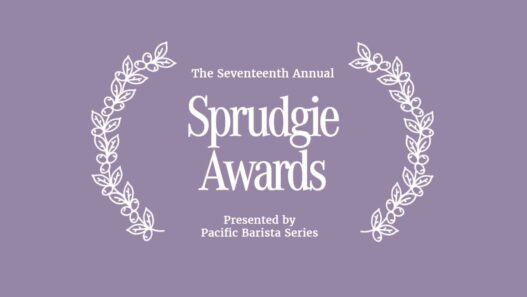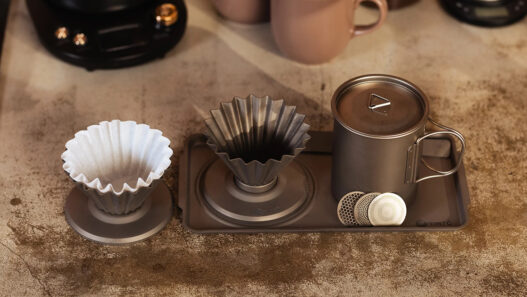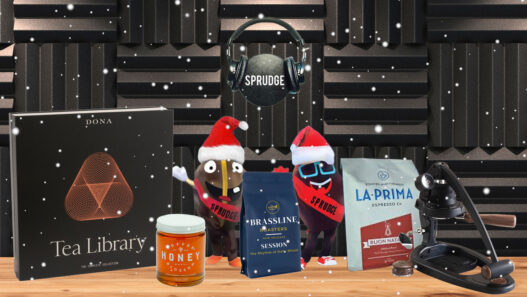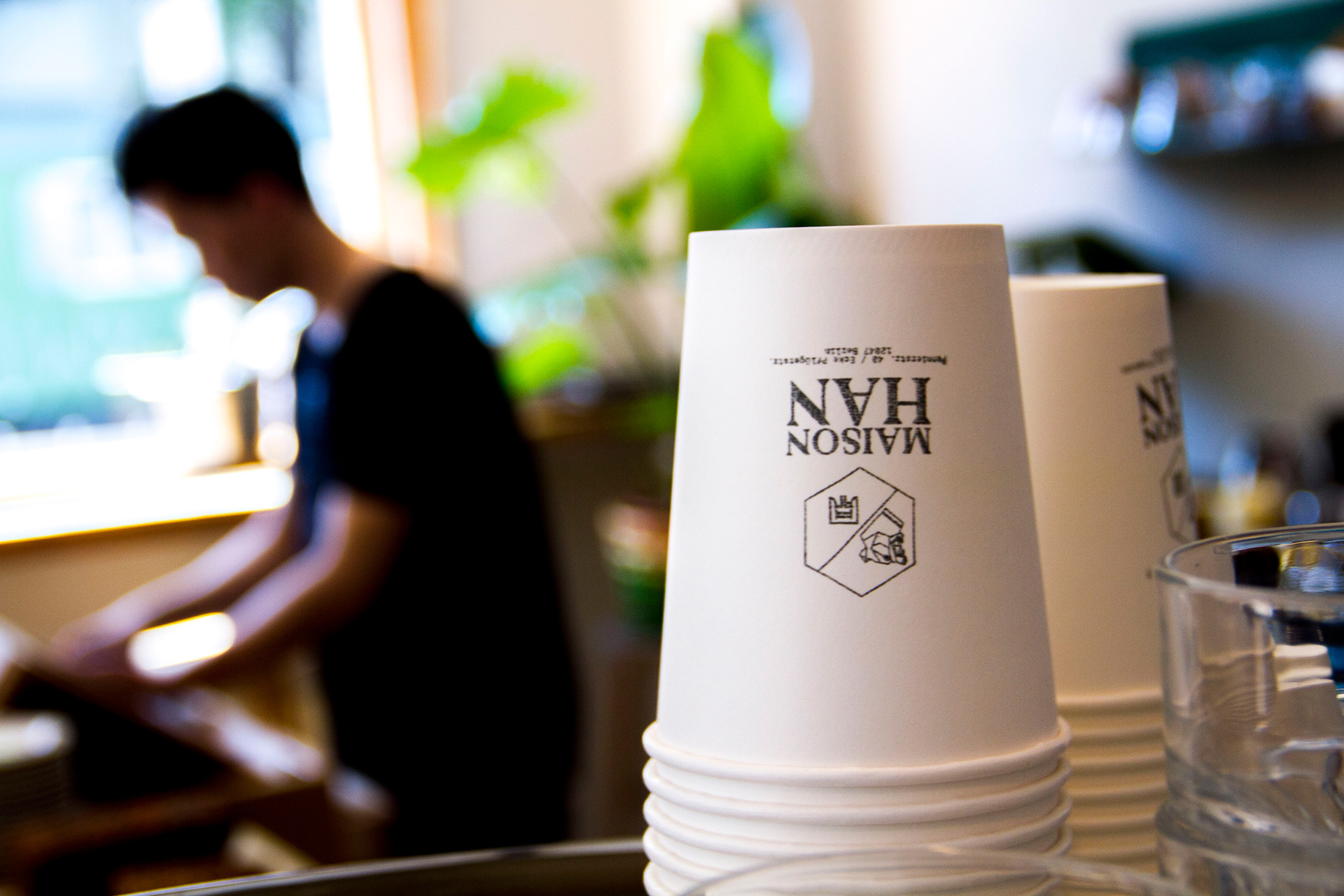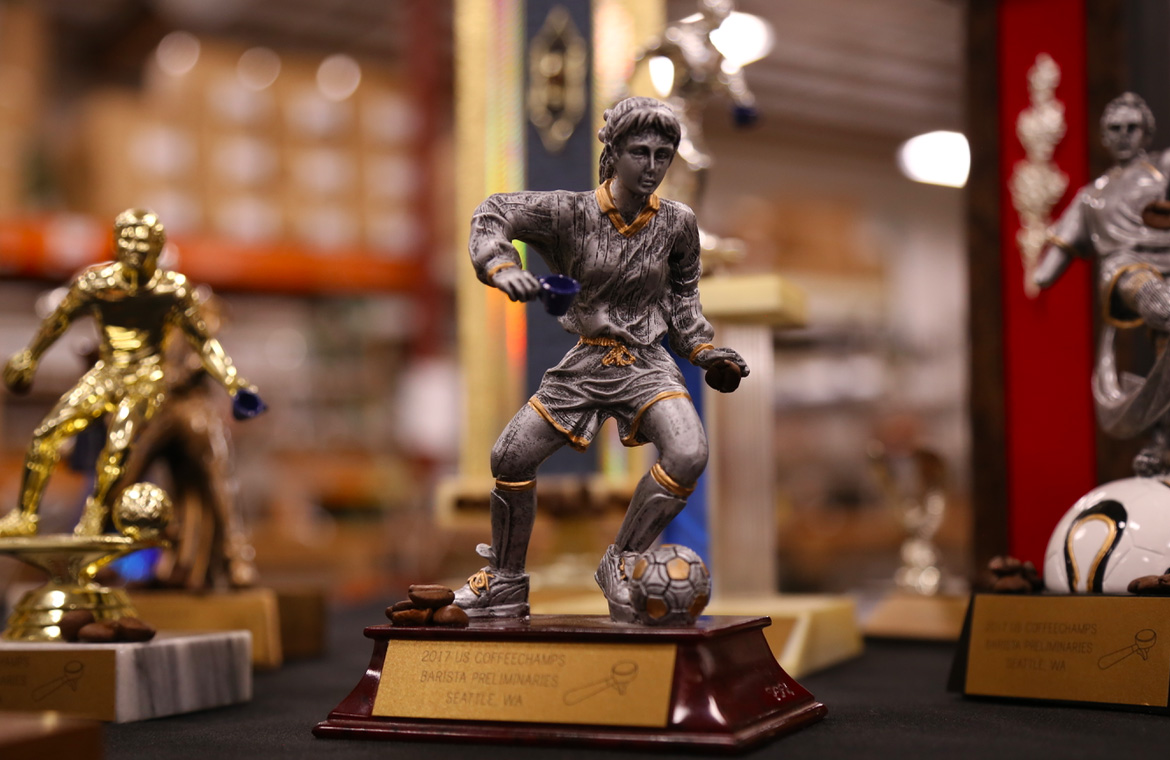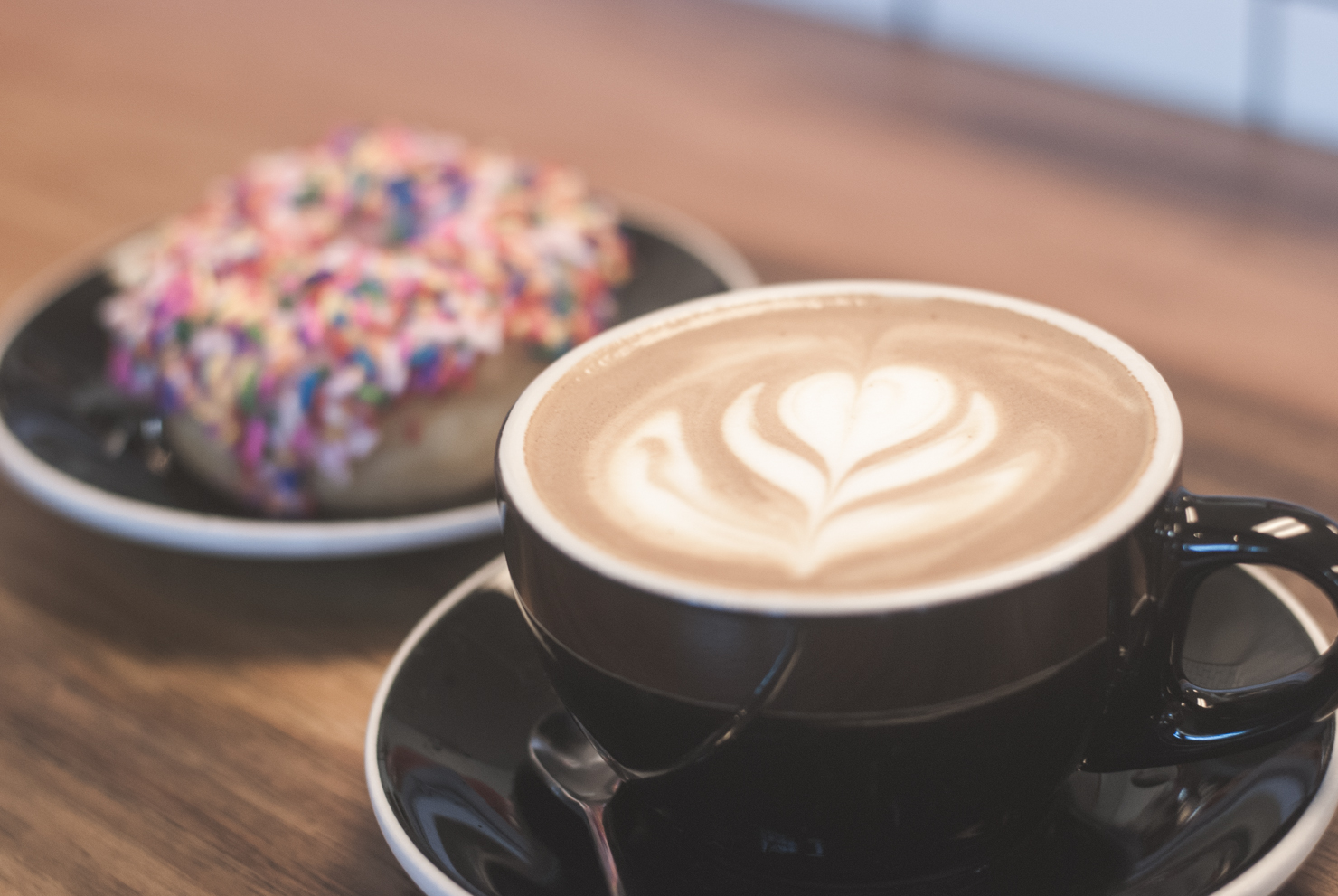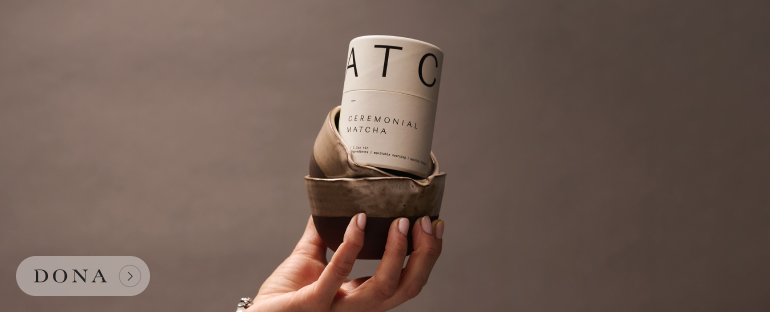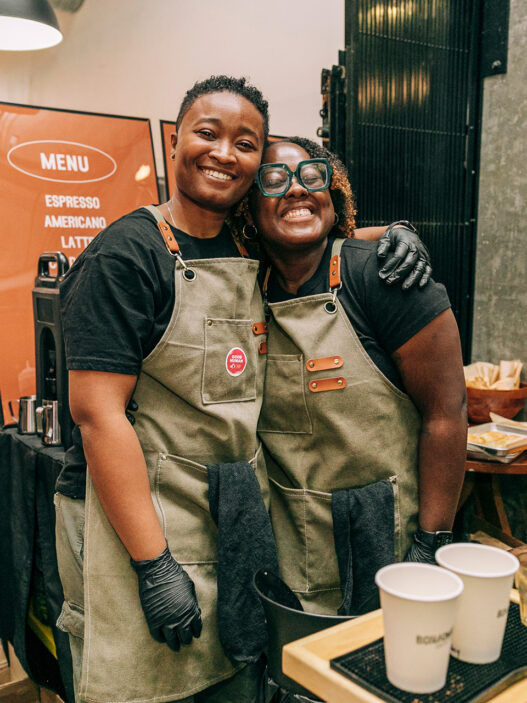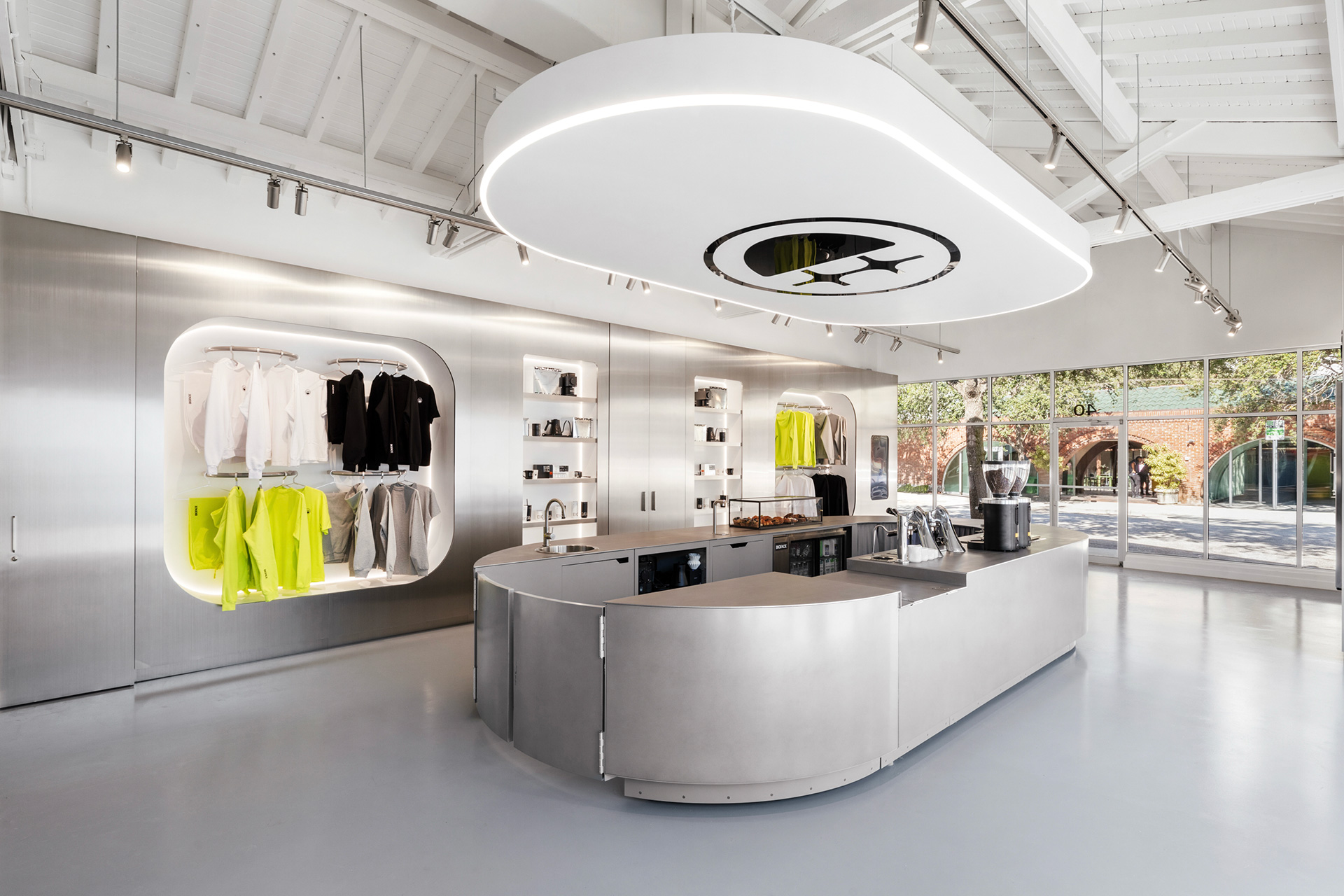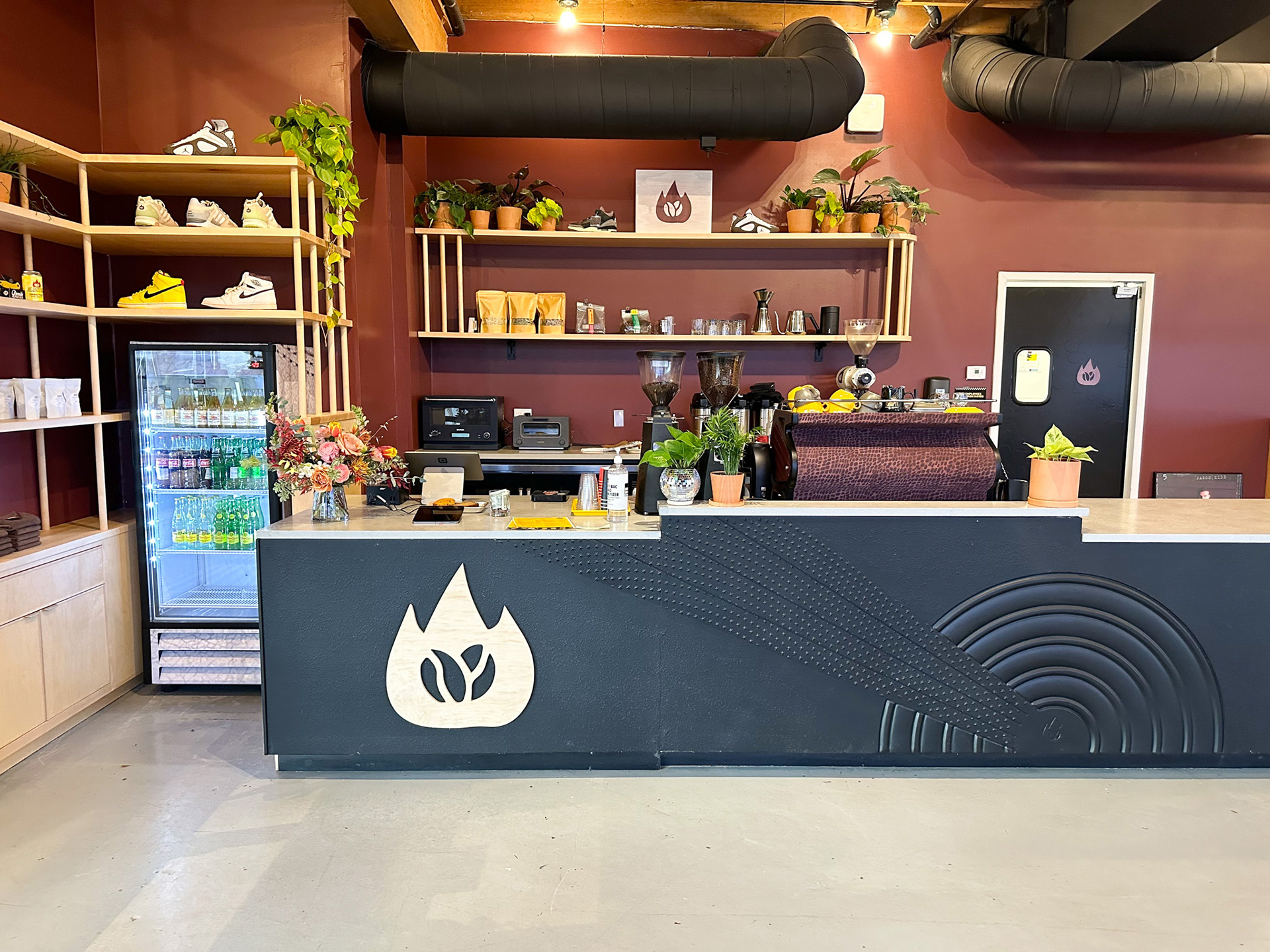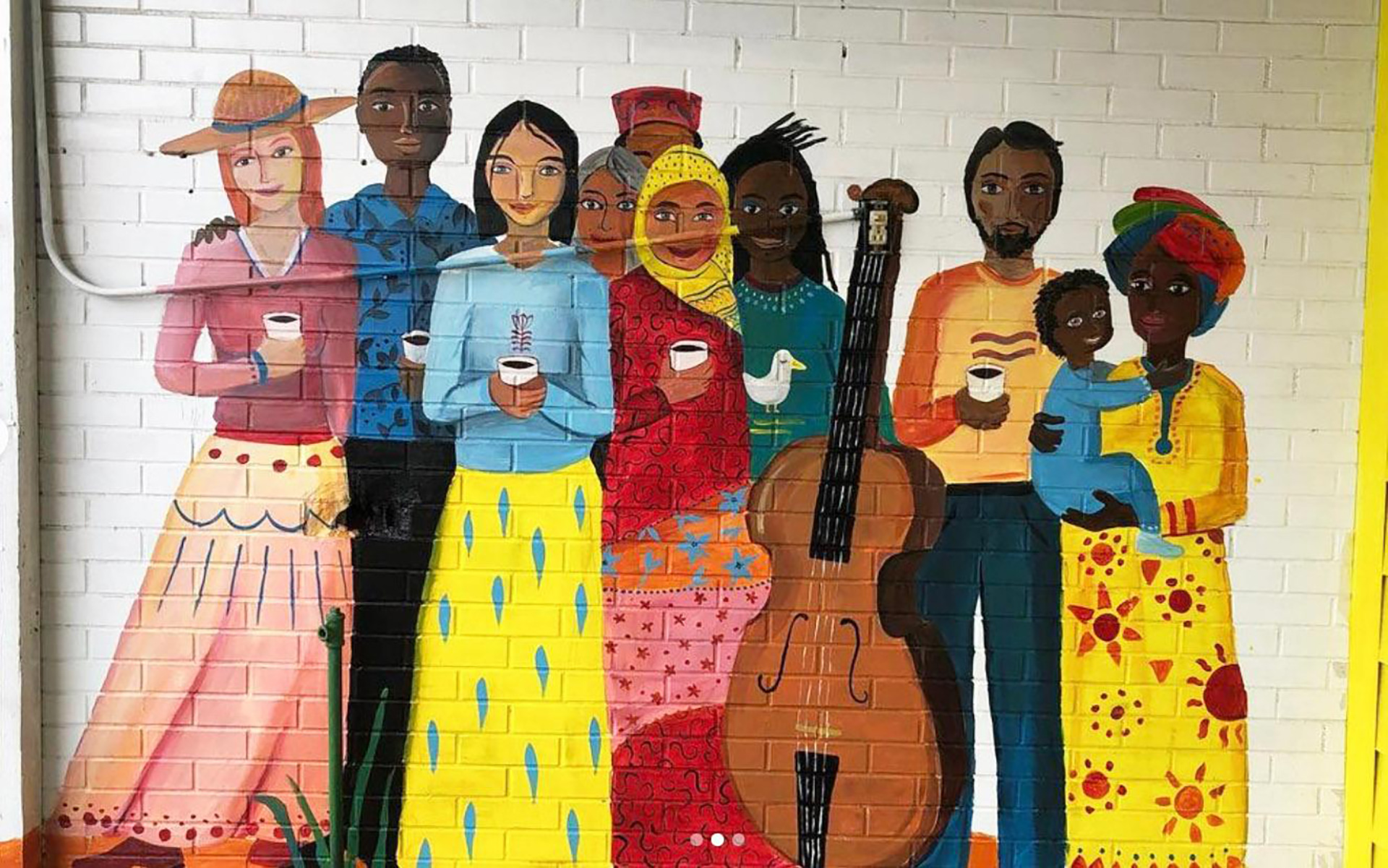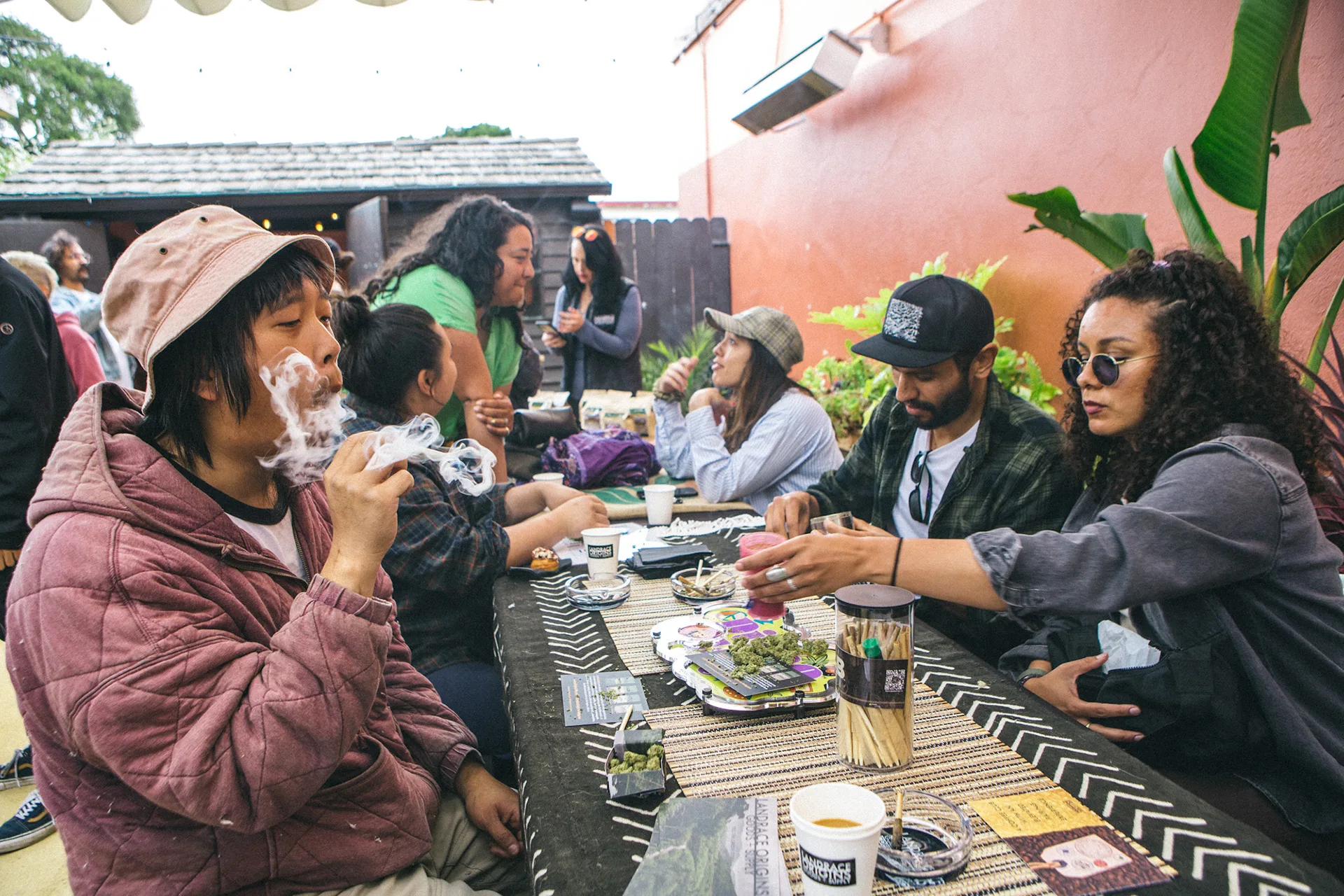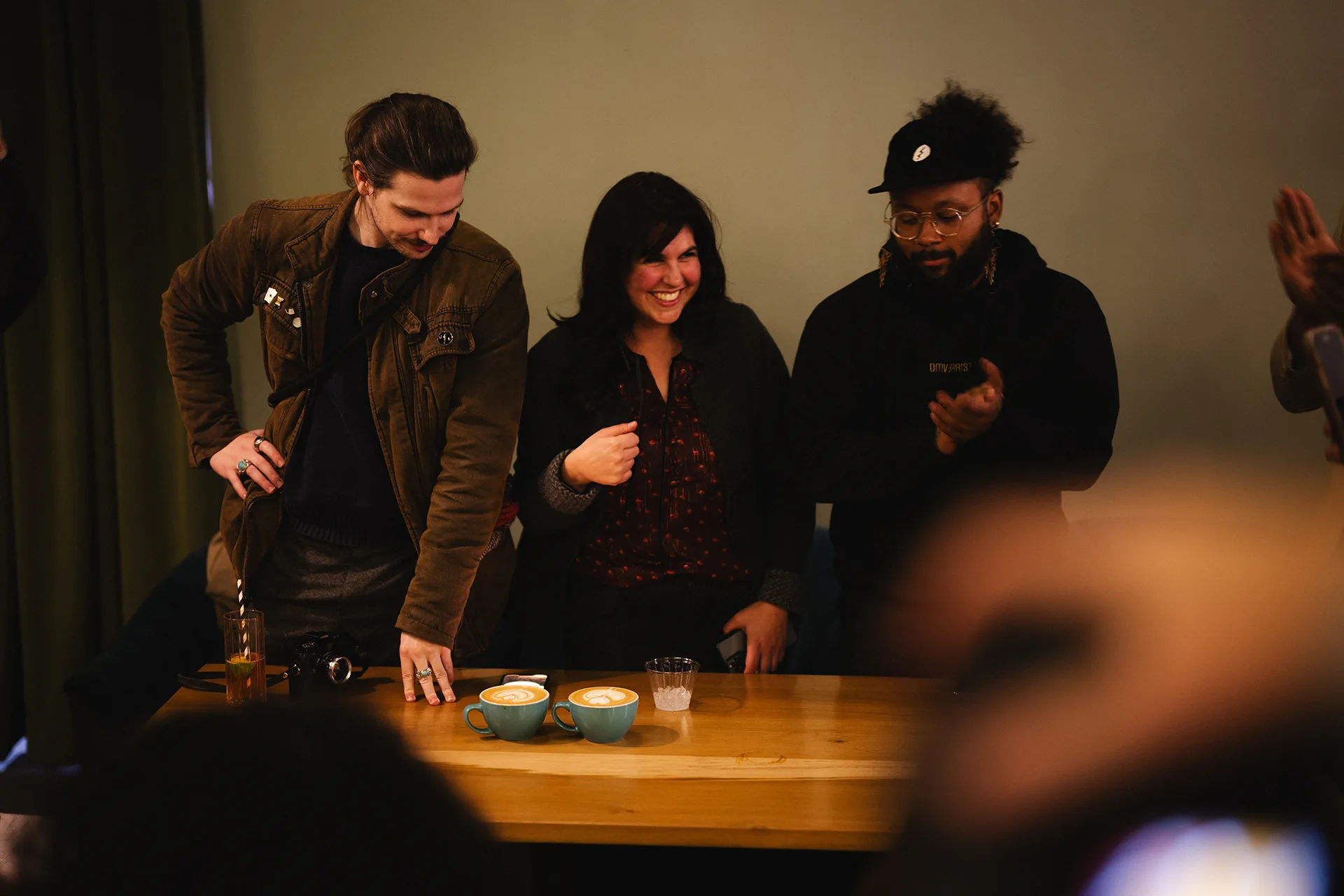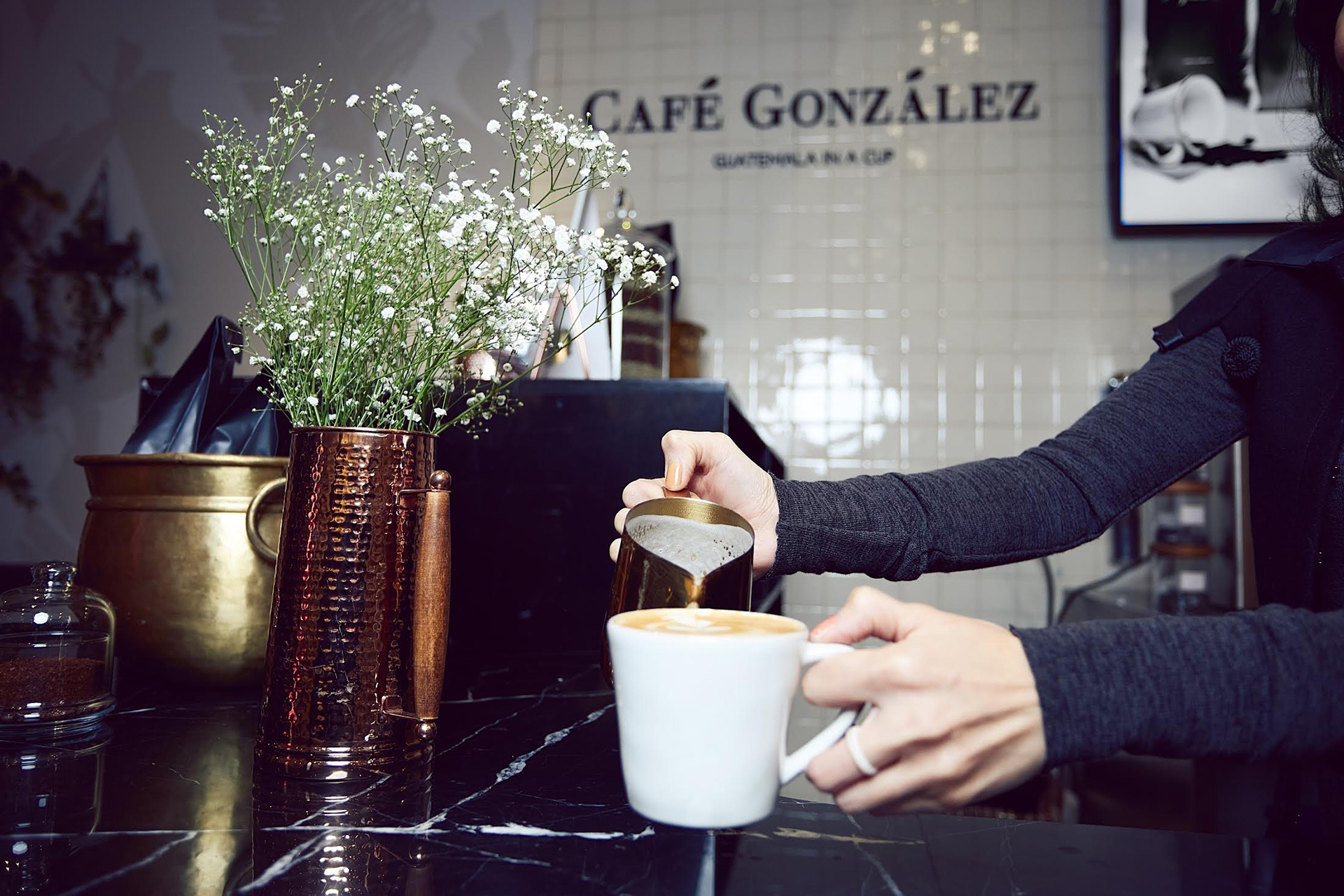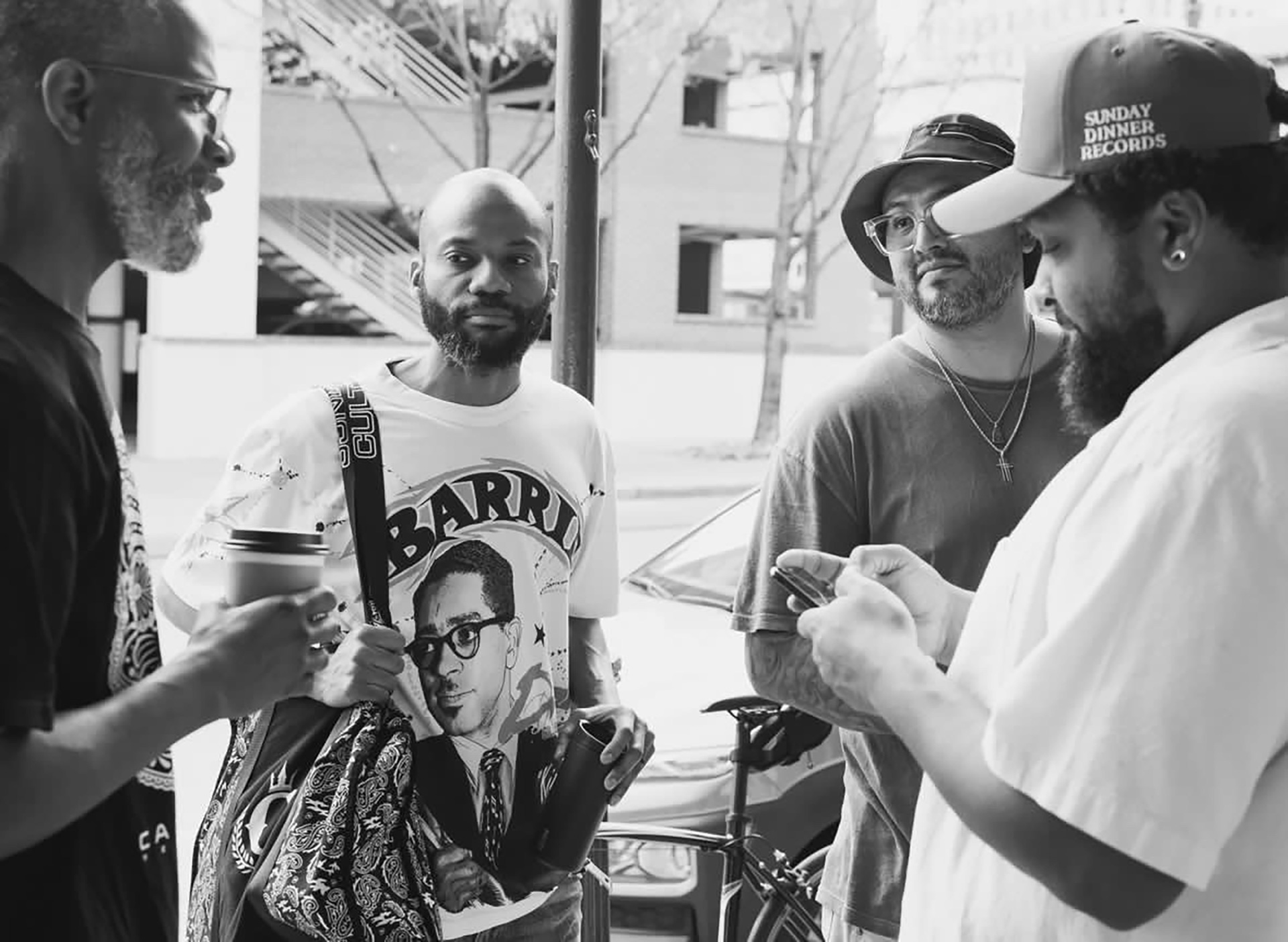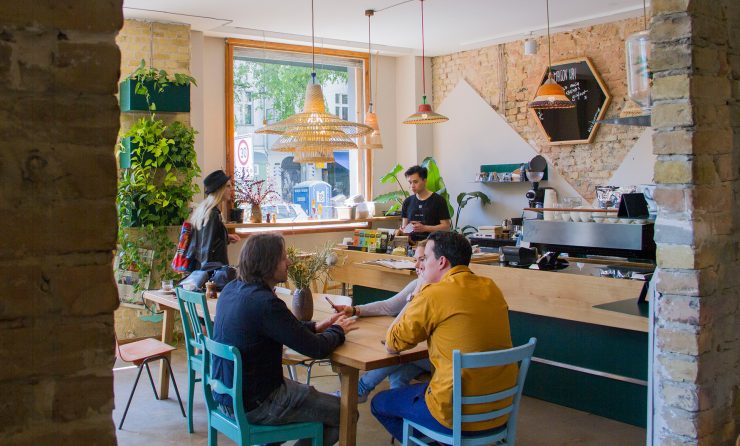
At first glance, Maison Han includes all the elements of a classically trendy Berlin coffee shop. Located in Kreuzberg and close to a bucolic promenade along the Landwehr Canal, the cafe attracts young entrepreneurs with its outdoor benches and indoor, craft-made seating.
But inside, Duc Nguyen, the 35-year-old Vietnamese-Berliner who founded Maison Han, is out to make Vietnamese morning food and coffee culture famous in the old European city. “In Vietnam, we have a strong tradition of breakfast, you can have a Bánh mì or a soup everywhere with a coffee,” Duc says. “There is an important Vietnamese community here but people don’t really know our culture. My generation didn’t grow up in Vietnam, we are Berliner, but we are proud of our roots and we want to make them known.” The Maison Han logo is an octagon split in two. One side depicts a bear, a symbol of Berlin—on the other side, the word Han as an ideogram.
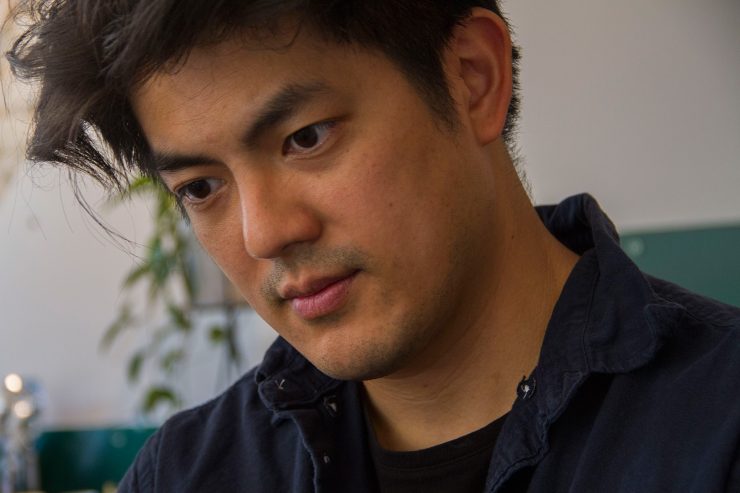
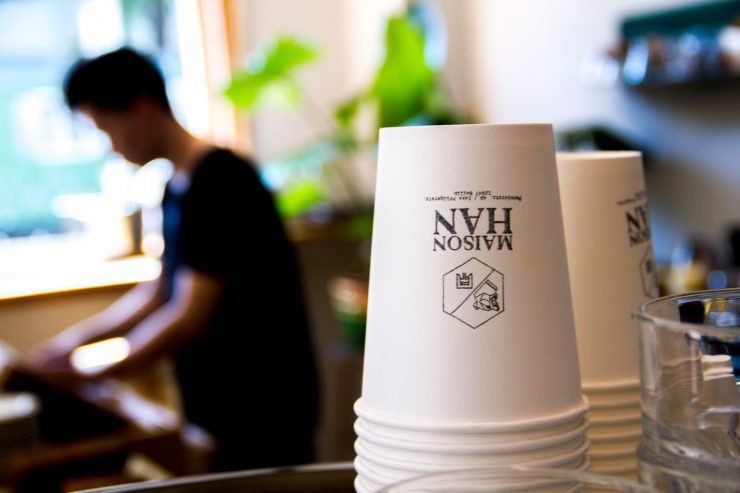
Maison Han transports you far away from Berlin with its menu, which features Vietnamese breakfast staples like the eponymous aforementioned patê-based bánh mì, Marou chocolate bars from Hồ Chí Minh City, and selection of Vietnamese coffees. There’s also the sweet milk-based phin coffee, which drips down through the thin, metal, top hat-shaped dripper of the same name. “This process has influenced a lot the way people drink coffee in Vietnam,” Duc says. “They don’t drink quickly their cup of coffee, like an espresso—they have to wait until the coffee is dripped, so meanwhile they talk, read newspapers…it’s a relaxing ritual.”
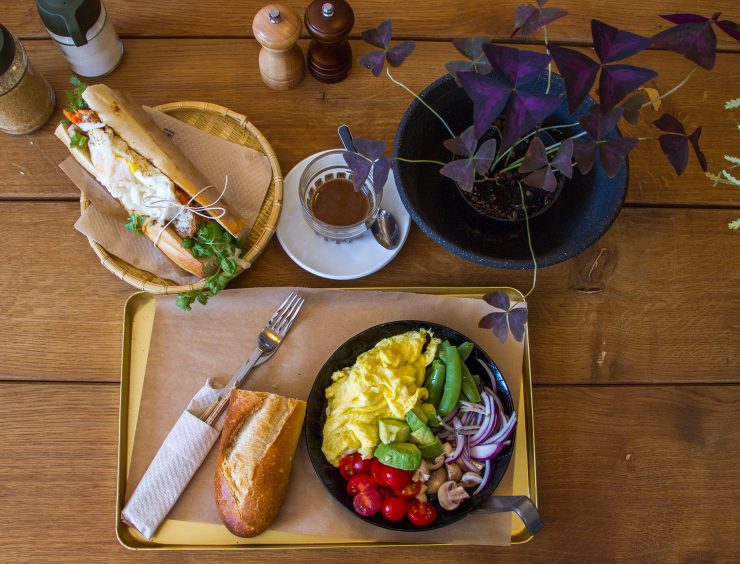
Duc founded Han Coffee Roasters before Maison Han, entering the roasting business as a coffee lover. “I went to El Salvador to learn more about the plant and then I came back to Vietnam and met the farmers in the mountainous plateau,” Duc says, with both experiences shaping his formative coffee education.
Today, he imports green coffee from Vietnam, attempting to do in Berlin what elsewhere young roasteries and cafes in Hồ Chí Minh City are. “Vietnamese coffee has a bad connotation,” Duc says. “People imagine it’s not good quality. But there are not only producers for Nestlé, there are plenty of small farmers who care about their product.”
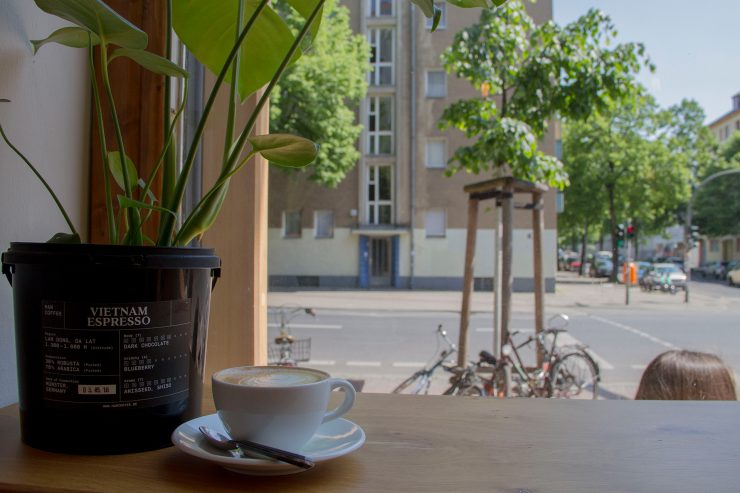
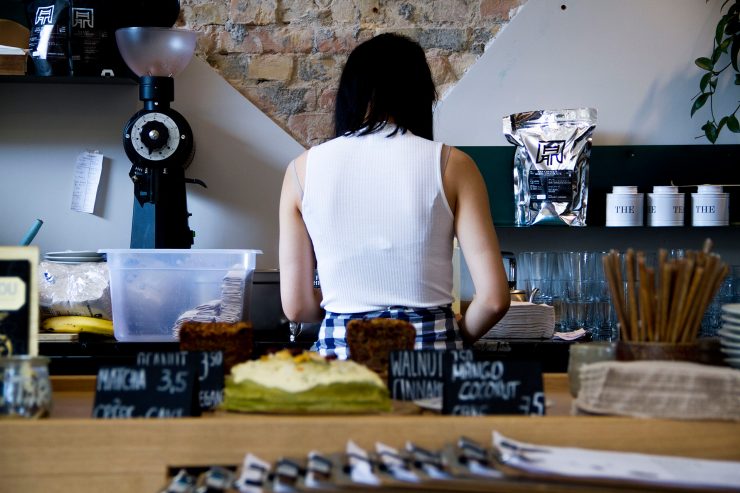
Duc uses a dark blend to brew phin coffee and lighter, fruitier beans to be drunk without sweet milk. “It’s important to fit with the modern way to drink coffee also, for people who appreciate pure coffee,” he says. But those who want, say, roasted peanut chunks in their latte foam, are of course welcome in Duc’s home as well. Embraced, even.
Aimie Eliot is a freelance journalist based in Berlin. Read more Aimie Eliot on Sprudge.




